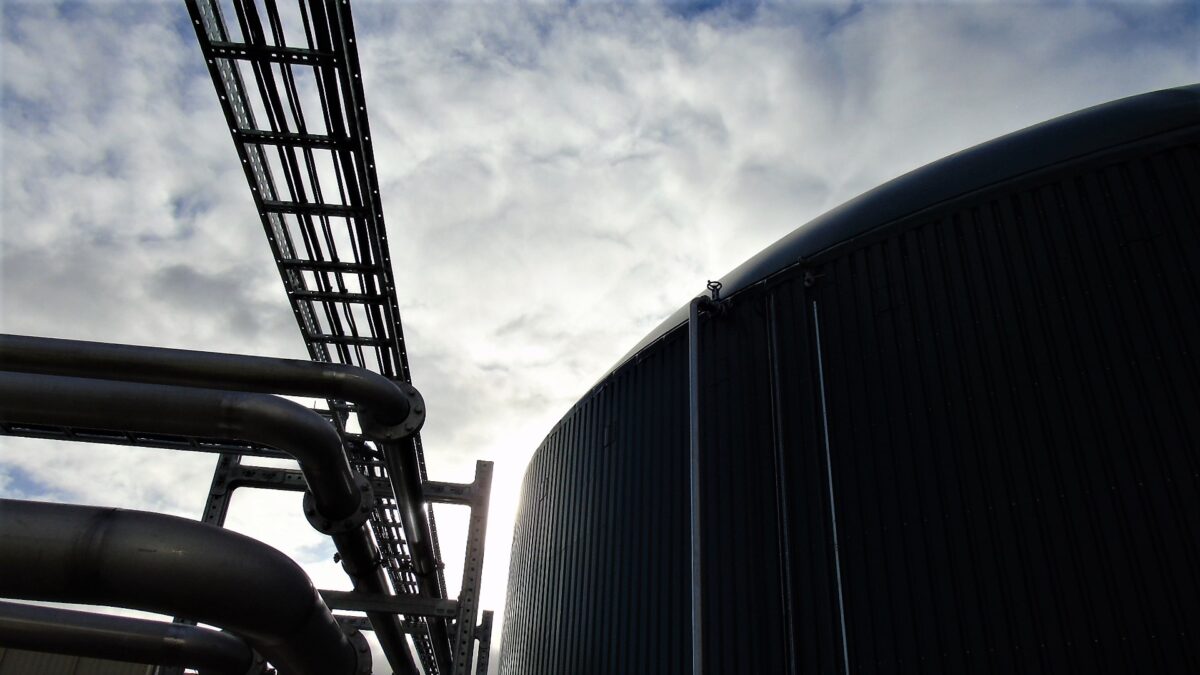The Need: Achieving Net Zero
National needs
The ‘green agenda’ is fast becoming mainstream, with more awareness around the issue of climate change. On June 12th, 2019, the United Kingdom became the first major economy in the world to pass laws to end its contribution to global warming by 2050. The target will require the nation to bring all greenhouse gas emissions to net zero by 2050. Renewable energy is now recognised as providing a crucial contribution to support these carbon reduction targets.
Currently, only 30% of the UK’s food waste is segregated (which means 70% goes to landfill or incineration). Suffolk is one of the councils that does not currently segregate its food waste. Therefore, the proposed AD plant presents an opportunity to process this waste in a much more sustainable way. The recent DEFRA announcement has clarified the requirement for all Local Authorities to segregate food waste collections by 2026, so having a sustainable means of processing this locally is vital.
Anaerobic Digestion (AD) is a proven technology that can help with these carbon reduction targets. AD focuses on recovering energy from waste and agricultural materials to generate gas, electricity and heat for both commercial and domestic use. With the UK’s legally-binding target to be carbon neutral by 2050, extracting energy from waste that would ordinarily go to landfill (which releases harmful greenhouse gases into the atmosphere) is key to achieving these goals.
Within a report by the Anaerobic Digestion and Bioresources Association (ADBA), it was stated that biomethane could deliver 30% of the UK’s 2030 carbon budget in the hardest to decarbonise sectors, provide green heat to 6.4 million homes and create 30,000 jobs by 2030. In order to help reduce climate change, promote a circular economy, and stop waste from going to landfill AD is a vital technology which is needed to be continually deployed over the UK.
The new Anaerobic Digestion site proposed will produce renewable energy to be distributed via the gas grid infrastructure for use in the local area. This replaces the use of non-renewable fossil fuels, which are the main contributor of greenhouse gases. The plant will also improve the availability of domestically produced energy which will boost the UK’s energy security needs which have been highlighted by the impact of the ongoing conflict in Ukraine.
